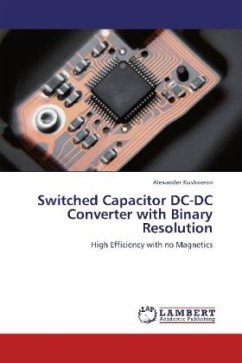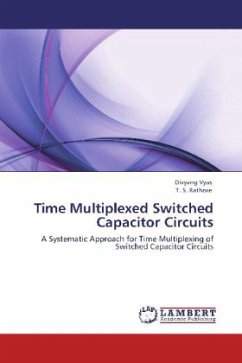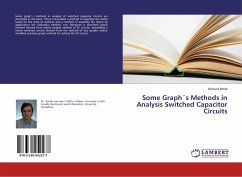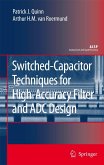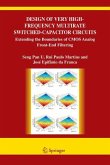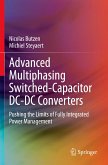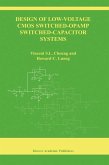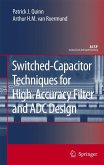Switched-Capacitor Converters (SCC) suffer from a fundamental power loss deficiency which make their use in some applications prohibitive. The power loss is due to the inherent energy dissipation when SCC operate between or outside their output target voltages. This drawback was alleviated in this work by developing two new classes of SCC providing binary and arbitrary resolution of closely spaced target voltages. Special attention is paid to SCC topologies of binary resolution. Namely, SCC systems that can be configured to have a no-load output to input voltage ratio that is equal to any binary fraction for a given number of bits. To this end, we define a new number system and develop rules to translate these numbers into SCC hardware that follows the algebraic behavior. According to this approach, the flying capacitors are automatically kept charged to binary weighted voltages and consequently the resolution of the target voltages follows a binary number representation and can be made higher by increasing the number of capacitors (bits). The ability to increase the number of target voltages reduces the spacing between them and, consequently, increases the efficiency.
Bitte wählen Sie Ihr Anliegen aus.
Rechnungen
Retourenschein anfordern
Bestellstatus
Storno

